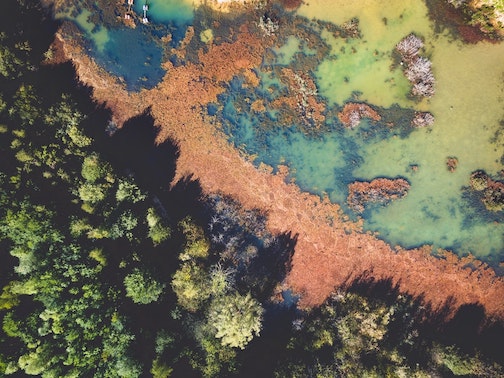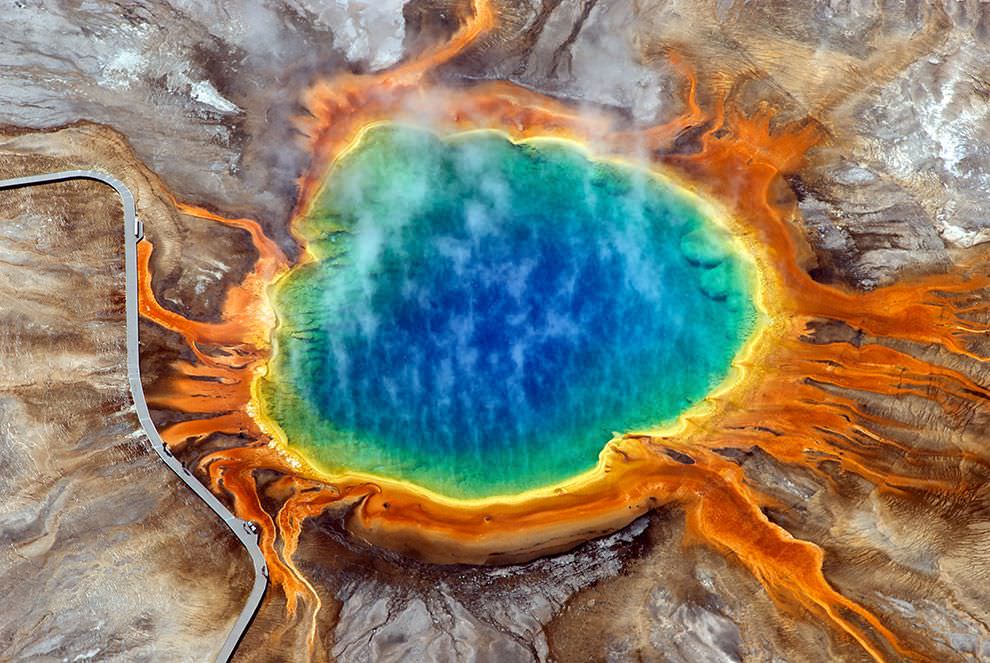These poems by Julia Wasilewski present the reader with a dilemma: If the body is the storehouse of the self, but one experiences a “sudden loss of location,” where and who are we? Or as the poet writes: “what am I,/ if not these bones?” The answer: the “weightlessness” of space, where the self becomes a “floating signifier,” but this possibility doesn’t satisfy because in it one finds only “ambiguity;” thus, memory becomes our only way to (re)create a coherent identity: “I etch a mental map of fading signs.”

by: Julia Wasilewski
Bodymap
What is a body but a blanket?
A weighted, dirty thing.
I grew smaller until I couldn’t face
my face in storefront windows.
Someone starved staring into a pool
and I understand.
Flesh feels wider on warmer days,
its edges dissolve in water.
What happened to earlier summers
when my body wasn’t a “body”?
When language didn’t feel heavy,
like words purged on paper
or pulled out of a drain-pipe dream?
My skin makes a melting in Metuchen
and I wonder:
Is July heat in Jersey ever bearable?
What about the street signs in Arizona?
Are they aware of their leaky boundaries?
The sudden loss of location?
I should leave Jersey.
I should move to Space.
Swap my body for a zero-gravity chamber.
A floating signifier.
Is there a place for ambiguity in the Cosmos?
Body as a Zero-Gravity Chamber
I traded in my lust for celery sticks
and cold hands,
swapped my parking space
for a different kind of space.
A one-way ticket to the moon.
I prayed to Venus
for a heavenly body.
You see, I wanted to be your starlit daydream,
your supernova—brighter
than the galaxy that contained me.
I shrunk myself into the palm of your hand,
the intergalactic figurine
of your boyish fantasies.
But space wears the body after some time.
The skeleton grows useless,
bones no longer needed to support
muscles in weightlessness.
They lose their minerals.
What am I,
if not these bones?
I pray,
O Venus,
suspend the metabolic defenses
that keep me alive.
Autumn Coloring no. 4
Boundless branches sprout green bulbs. Magnolias fold over old churches. How much can I fit within a hollow trunk? My first bicycle, rusted red. Here is a bench. A utilitarian remnant of history. A “gift from the class of 1967 in celebration of its twentieth reunion.” I etch a mental map of fading signs: “The coming John Marin. Modernist at work.”
There are faces in the concrete contours.
Everyone I’ve ever loved
but smaller.
Julia Wasilewski is a recent graduate from Rutgers University, where she received a BA in Dance and Sociology, as well as minors in Creative Writing and Gender Studies. Her work has appeared in The Anthologist, a literary magazine at Rutgers University, and Blacklist Journal, a literary magazine at Brandeis University.






So often poems are incomprehensible. They require work to decipher. That’s good if they’re beautiful. Julia’s poems don’t require such work. They open as they’re supposed to do, requiring little or no effort to read. I like her meditations on the body in space. Indeed our bones won’t always be essential as we expand (if we’re permitted) into the universe.